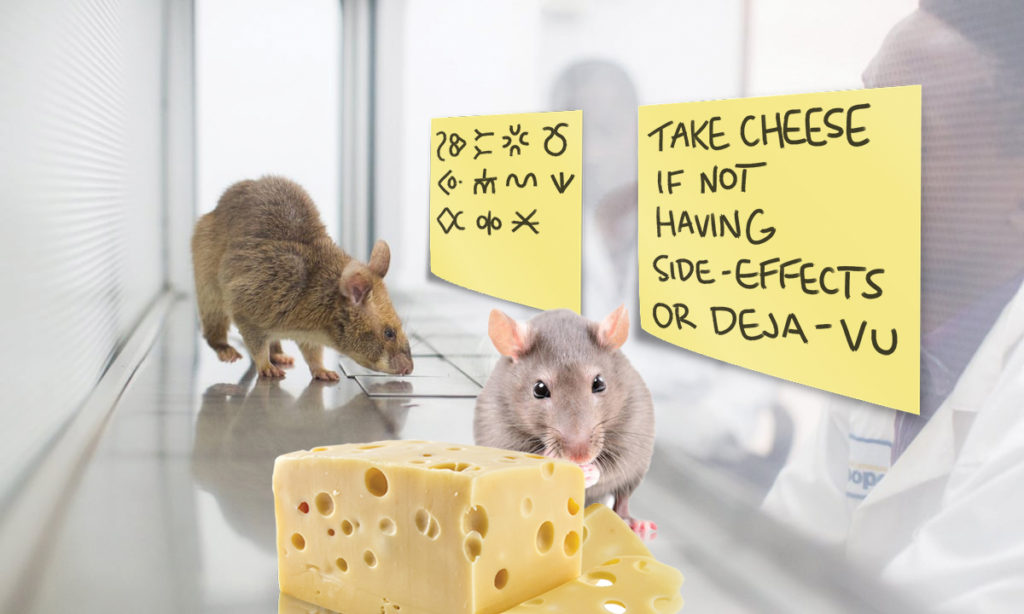
Rats treated with Don’tjà Vu were eight times more likely to double-check that the stove was off before leaving the cage.
Photo by Robin Brewin
Last month, Don’tjà Vu — a déjà vu combatting drug developed by UCSD Pharmaceutical Psychology grad student, Anastasia Shals — entered its human testing phase. With Déjà vu affecting nearly 100% of the population, Shals’s recent progress could potentially treat billions. Despite the newfound hope for a cure to this serious condition, her announcement of the new phase of testing was met with mixed responses on Twitter. Many users were excited for the prospects of the drug, while others expressed confusion, such as @LaylaDomino, who tweeted: “Wait, when is this thing supposed to come out for real? I could’ve sworn it was in human trials already.” Shals claims that “Don’tjà Vu has not previously moved on to human testing to [her] recollection.”
In the announcement, Shals described the theory behind the new drug. “Don’tjà Vu addresses the the déjà vu phenomenon by selectively inhibiting the creation of memories to prevent the mind from attempting to associate new sensations with memories because there will be no memories to associate with memories because there will be no memories. The active chemical rememberol blocks neurotransmitters in the hippocampus to to slow the creation of new memories. Our research indicates that instances of déjà vu of déjà vu could reduce by as much as 100% when users are no longer forming memories because there will be no memories.”
Shals continued, describing the rigorous testing methodology for the drug up to this stage. “We dosed lab rats with rememberol and placed a cube of cheese in front of them with a rat-sized sign written in Rat saying they can take the cheese if they have not experienced déjà vu or any negative side effects since the dose. 100% of the rats ate the cheese, so we’re confident Don’tjà Vu is safe. In fact, I’m so optimistic that I’m so optimistic that Don’tjà Vu will be effective, that I’m so optimistic that I’m taking it right now and I feel great! No déjà vu, or any negative side effects since the dose.”
Some of Shals’s colleagues remain skeptical about the safety of the drug, however. Dr. Bev Bluesky, a UCB professor of psychology, says “Rememberol could have very major side effects. The inhibition of memory formation, for one, seems like it should be cause enough for Anastasia to tear up her research and burn it before taking the last remaining dose of rememberol to forget she ever had the idea.” Dr. Ozymandias E. Osborne, a researcher for the Behavior and Rationality Analysis Institute of Neuroscience (B.R.A.I.N.), criticized Shals, saying “I mean honestly, just listen to her. After participating in the trials, she’s talking to rats and can’t even remember the last few words she spoke.”
However, Shals has responded to her colleagues’ concerns, saying “We dosed lab rats with rememberol and placed a cube of cheese in front of them with a rat-sized sign written in Rat saying they can take the cheese if they have not experienced déjà vu or any negative side effects since the dose. 100% of the rats ate the cheese, so we’re confident Don’tjà Vu is safe. In fact, I’m so optimistic that I’m so optimistic that Don’tjà Vu will be effective, that I’m so optimistic that I’m taking it right now and I feel great! No déjà vu, or any negative side effects since the dose.”

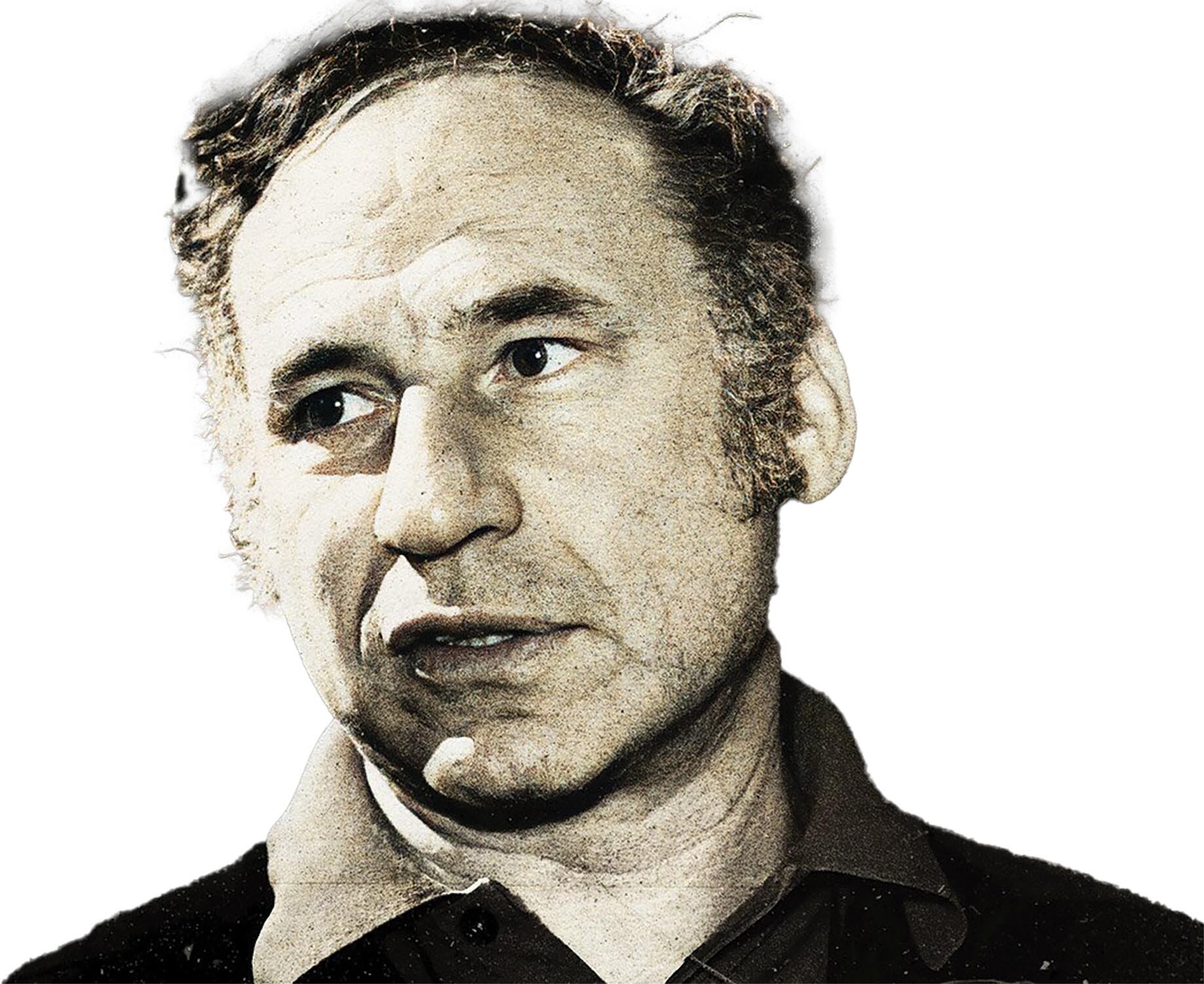



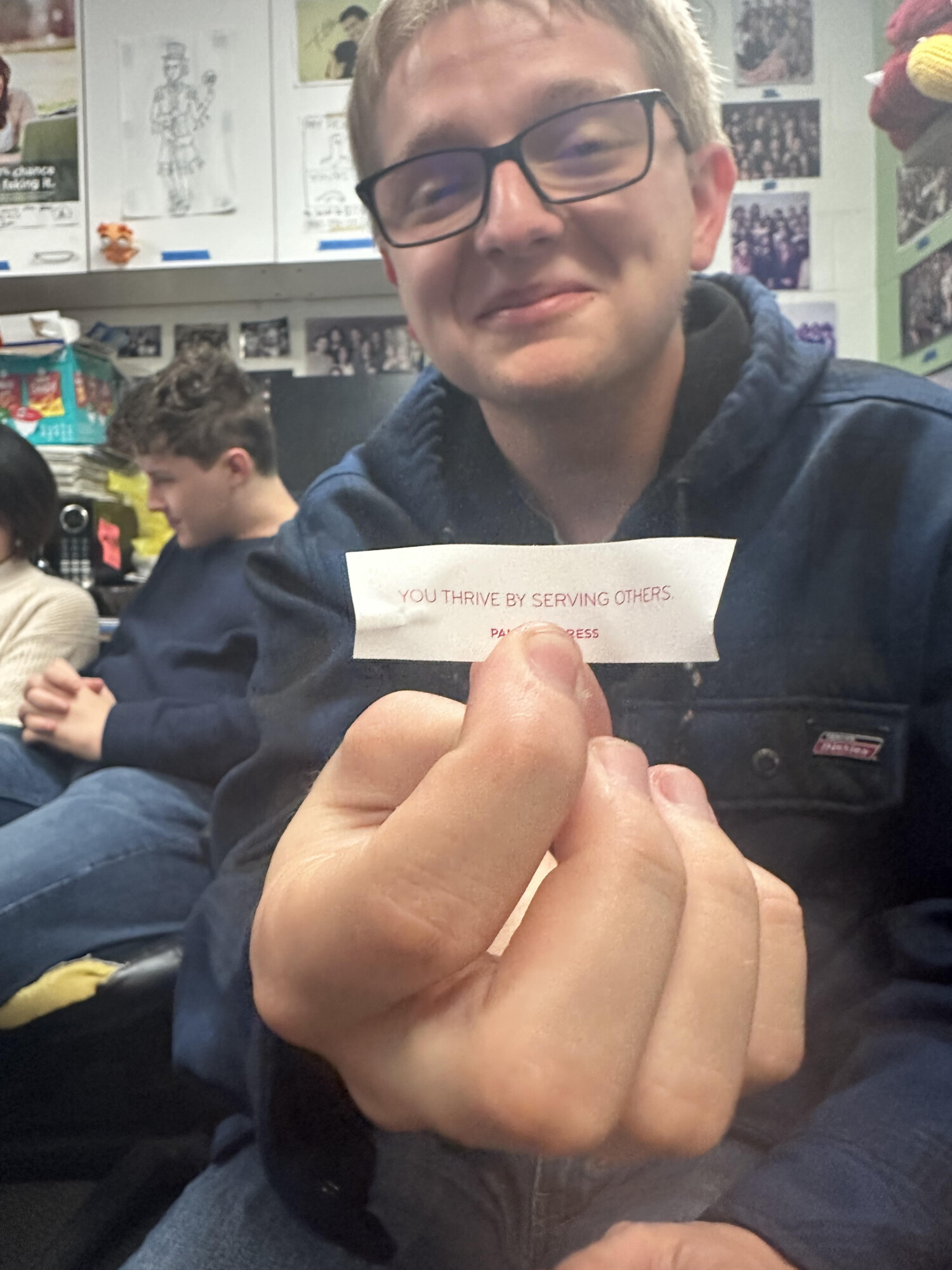

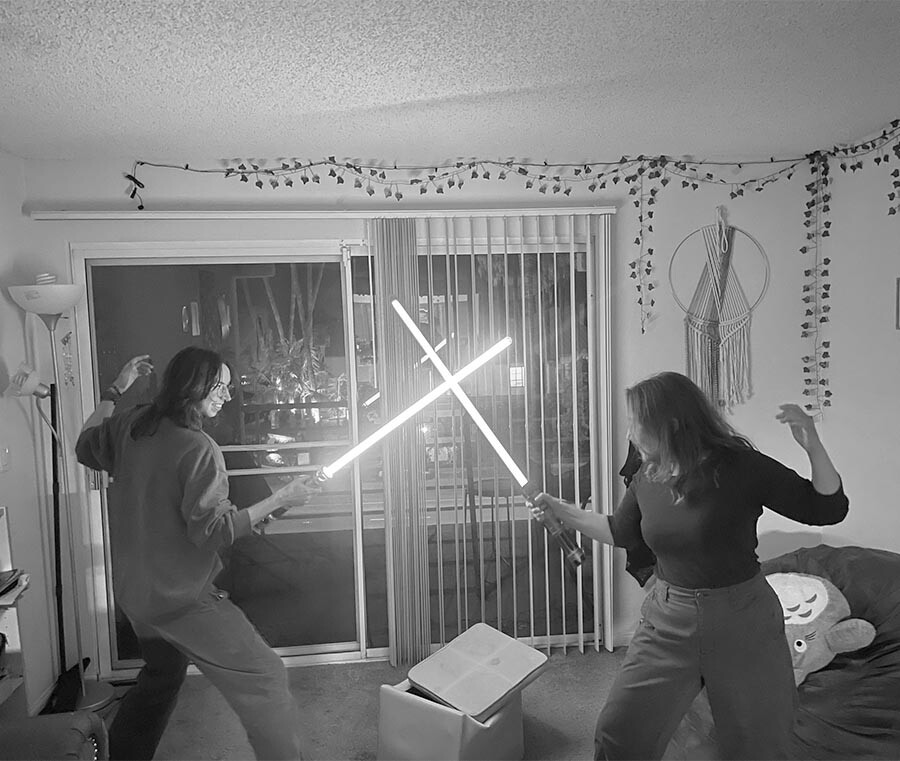
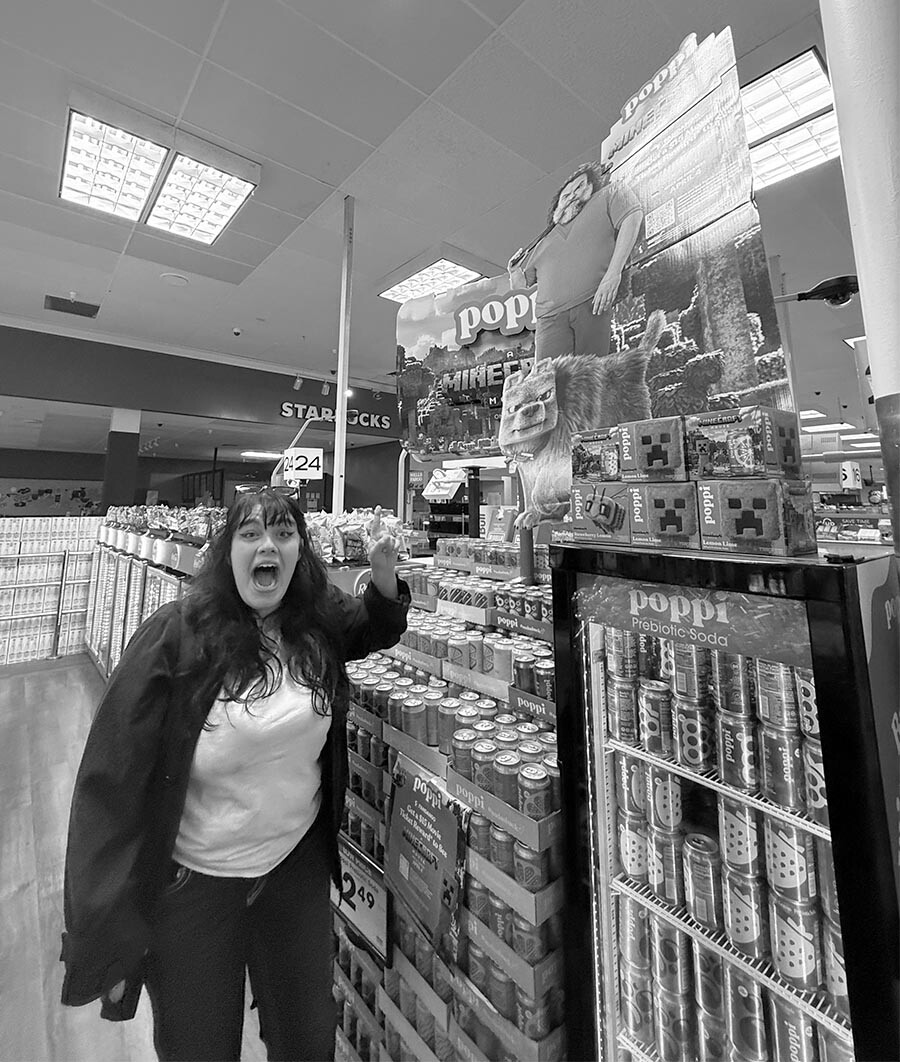
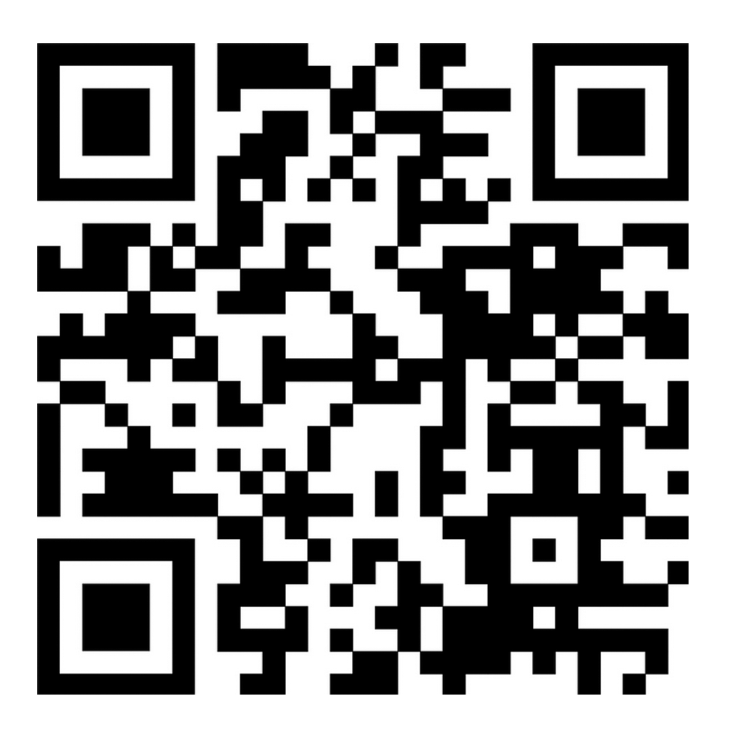
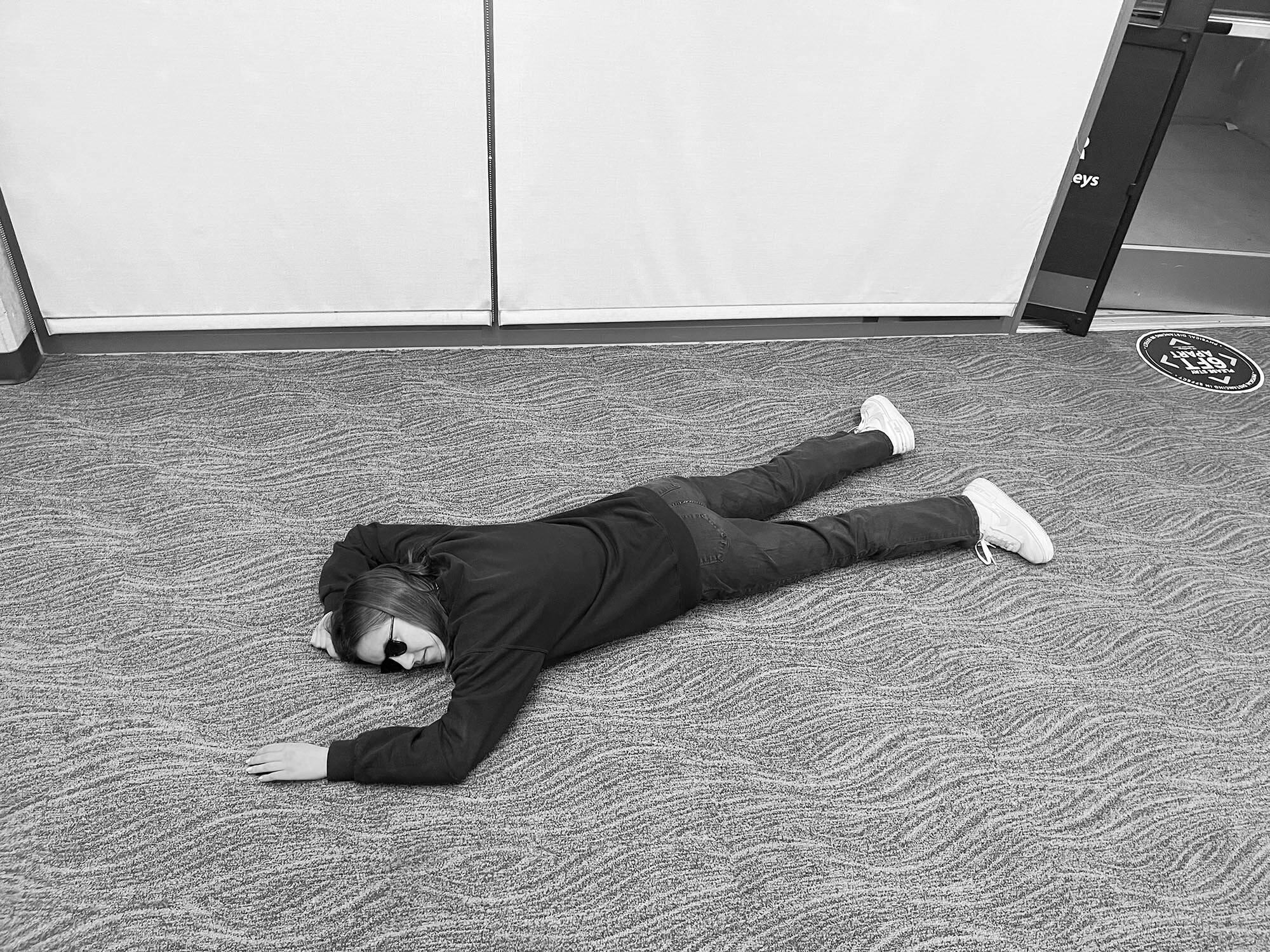
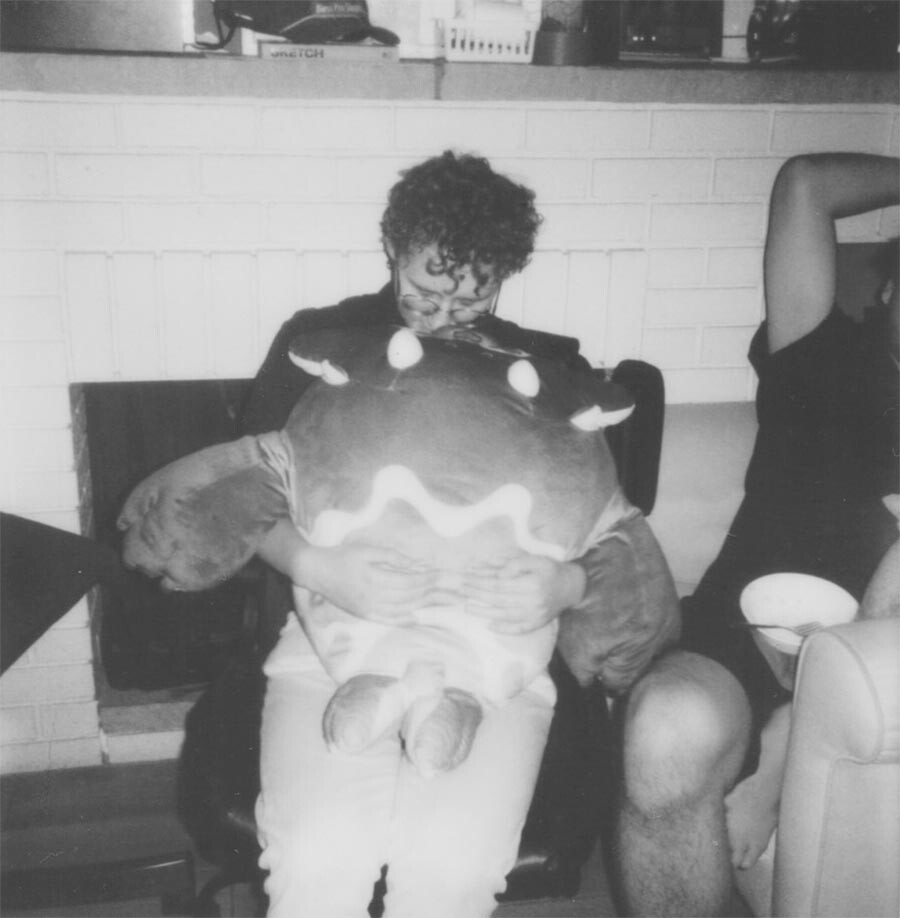
I’m sure I’ve read this article already, I just can’t remember where…